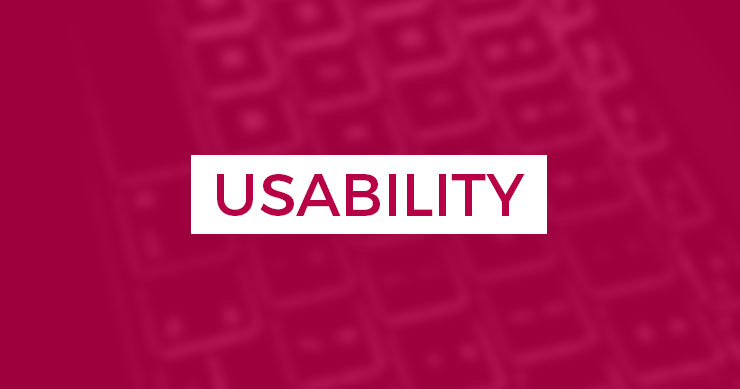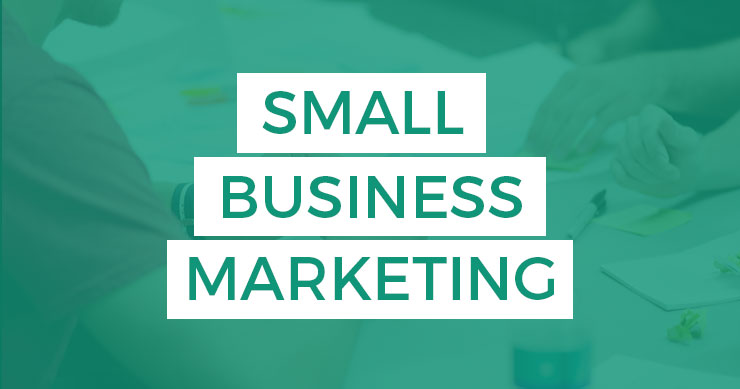
[This is part two in a five-part series charting Outspoken Media’s operational development process.]
Rarely do I get the opportunity to track my own evolution. Okay, I take that back. Facebook timeline kind of does that in a creepy “can’t believe I wore/said/acted/looked like that” sort of way.
But when it comes to true personal development, it’s rare that I have gotten to see cold hard facts showing that I have, indeed, evolved over time. But, during an organizational workshop the Outspoken Media team participated in, I got to see firsthand that I am a much different person now than I was six years ago.
How do I know? In my second year as a business management student, I was required to take an MBTI assessment for one of my classes. My personality type: a clear-as-day INFP. (Don’t worry, you don’t need to know all the details of what that means. I’ll show you as we go along.)
However, when we were all asked to take an MBTI assessment as part of the Outspoken Media development process, my assessment showed a new profile: ENFJ. This means that in the six years between testing, I have evolved enough to actually see it proved on paper.
Always happy to dig deeper into my complex psyche, I began to study the handful of jobs I have had in the last six years in an attempt to pinpoint those moments that helped change me into my new orderly, extroverted self. And, through introspection, I think I have nailed down a couple of valuable business lessons worth sharing.
Losing All Control
“INFPs do not like conflict, and go to great lengths to avoid it. If they must face it, they will always approach it from the perspective of their feelings. In conflict situations, INFPs place little importance on who is right and who is wrong.”
Having just been promoted to my first managerial position, I wanted nothing more than to be the “cool” boss. Most of my team members were around the same age as me, and rather than try to earn their respect, I instead tried to earn their approval. I let the team take longer breaks than usual, I gave them nothing more than a sideways glance when I found them chatting on their cellphones during work hours, and I was more than happy to “pitch in” and pick up the slack when they didn’t do their jobs 100%.
Wow, just in typing that, I think I died a little inside.
Fast forward six months. An employee came into work one day, and it was apparent she had no intention of actually working. I remember standing there, asking her to do her job, and she literally (yes, literally) rolled around on the floor, laughing, and flat out told me “No.” I had completely lost control.
Lesson # 1: Being Respected > Being Liked
I remember going home that night and talking to one of my best friends—my mom. She told me, “Em, you’re not there to make friends. You’re there to do your job, and to make sure that other people do their job too.” Learning to assert myself at the risk of not being “liked” was a hard lesson. And after developing such a reputation, it took months to repair it. But, after being consistent and learning to have confidence in myself and my decisions, I did. And I discovered something. I could still be assertive, and have people like me. Only, now they liked me because they respected me, and they worked harder because they respected me. And really, that’s a win-win.
Going with the Flow
“I like to stay open to respond to whatever happens… I like to keep plans to a minimum.” – Myers-Briggs description of Perceiving.
There came a time when I needed to move on from a job. I knew it wasn’t the right fit for me. The values and mission of the company had deviated, and they were no longer in sync with my own ideals. My boss, whom I respected, had left, and I was no longer interested in the work.
I remember coming home one day and just announcing to my husband that I was going to quit. I called my mom and told her too. I told friends. I was so excited about it, I could barely contain myself. And yet, every time I told someone, the response was the same.
“Awesome. So, what’s your plan?”
“Eh, I don’t have one” I would reply, proudly, riding on the high of my own boldness. The idea of quitting spontaneously was so brave in my mind. I saw it as an adventure, a new beginning, a world of endless possibilities.
And I quit the next day.
Somehow, in my zest for adventure I had failed to truly recognize just how much the economy had taken a nosedive into the proverbial crapper. I was unemployed in what is one of the worst economic times this country has ever seen. I had little experience, and my resume had more holes than Swiss cheese.
I applied for jobs almost every. Single. Day. For six months. My husband’s and my savings were depleted at an alarming rate. I was driving out of state to work a couple hours here and there for an old boss who was willing to lend me a hand.
At the end of the six months, I was so stir crazy and so frustrated, I applied for and took a job for less than I had been making in high school, just so I could get out of the house and help pay our bills. It took me another six months after that to even find another job in my field. It took years to replenish our savings.
Lesson #2 – Some Decisions are Never Okay to Leave to Chance
I can deal with leaving dinner up to chance, or choosing a movie on a whim. But I will never approach large decisions (especially in dealing with money) up to chance again when they involve other people. That six-month period was the greatest lesson in “choices and consequences” I have ever experienced, and even though it was difficult to go through, I am thankful for it.
Ask Rhea, or anyone else in the OSM office—I am a planning freak. Notebook in hand, checklists at the ready, I never want to leave anything in our business up to chance. I’ve seen what it is like to gamble and lose, and I will never do that with the money or success of Outspoken Media or our clients. Show me metrics, show me data, show me the outcome that I can reasonably expect. Sure, in business, sometimes you have to take risks, but they will be calculated, and I will be informed, and you can bet your life there will be a Plan B.
Finding Purpose in My Work
“The INFP needs to work on balancing their high ideals with the requirements of everyday living. Without resolving this conflict, they will never be happy with themselves, and they may become confused and paralyzed about what to do with their lives.”
It’s become a running joke in the office – the various “dream careers of Emily Cote” that I aspired toward while I was growing up. Infomercialist, Rockette (note: I’m 5’2”), astrophysicist, wedding dress designer, interior decorator, pastry chef, philanthropist, jewelry maker, champion dog breeder … at one time or another, I have wanted to be all of these things.
I laugh about it now, but there was a period where I felt very lost because I really had no idea what I wanted to do with my life. All I knew was that I wanted to be awesome—I wanted to save the world. And I had it in my mind that anything less would mean I had failed and wasted my time. I would run around thinking “I’m not doing enough. I’m not influential enough. I’m not saving lives.” And I would become disillusioned in each job I held because it was never “enough.”
Lesson #3 – It’s Enough to Make a Difference
At Outspoken Media, I have come to truly enjoy a job that is full of purpose. No, I am not rescuing puppies from wells or pulling people out of burning buildings. But I am making a difference. Every time I offer a new idea during a strategy meeting, every time I push through a website audit, every time I build a new .edu link to a client resource, I am making a contribution:
- to my company;
- to my client;
- to the SEO industry;
- and to the Internet as a whole.
I am also lucky to be a part of a very close team where we freely exchange ideas, laughter, collaboration, and food. (We eat a lot of each other’s food here.) I can’t tell you how many times one of us has jumped in to help another on a project, even if it meant staying late or missing lunch. As a company, we also have a strong focus on the community, and we contribute to causes we feel passionate about.
And I’ve come to learn that’s “enough.” That’s enough to make my work meaningful, and to make coming in every morning something I look forward to. And that, I think, is the best lesson I’ve learned so far.
Check out the other posts in this five-part series:
Embracing Your Extrovert in Business
Aligning Keyword Strategy with Corporate Goals
Corporate Culture for Introverts


